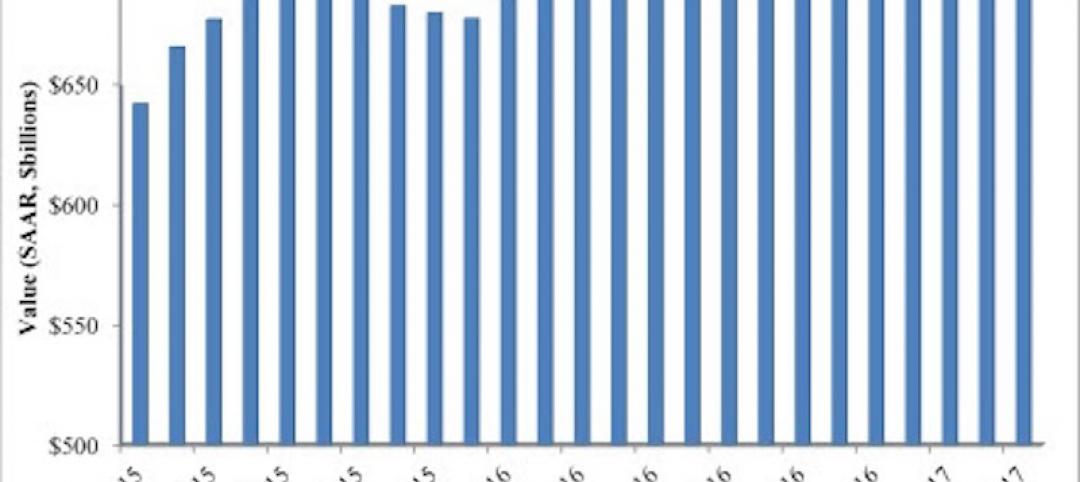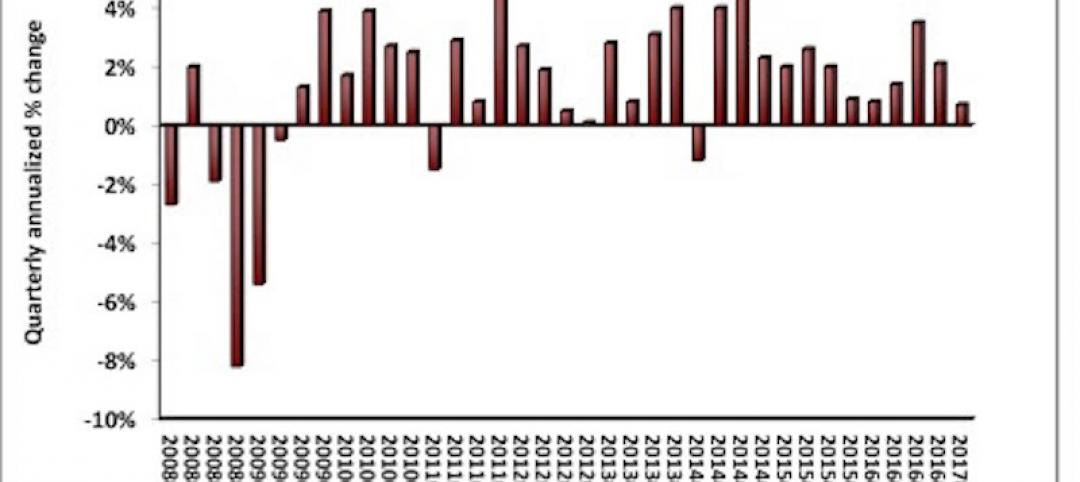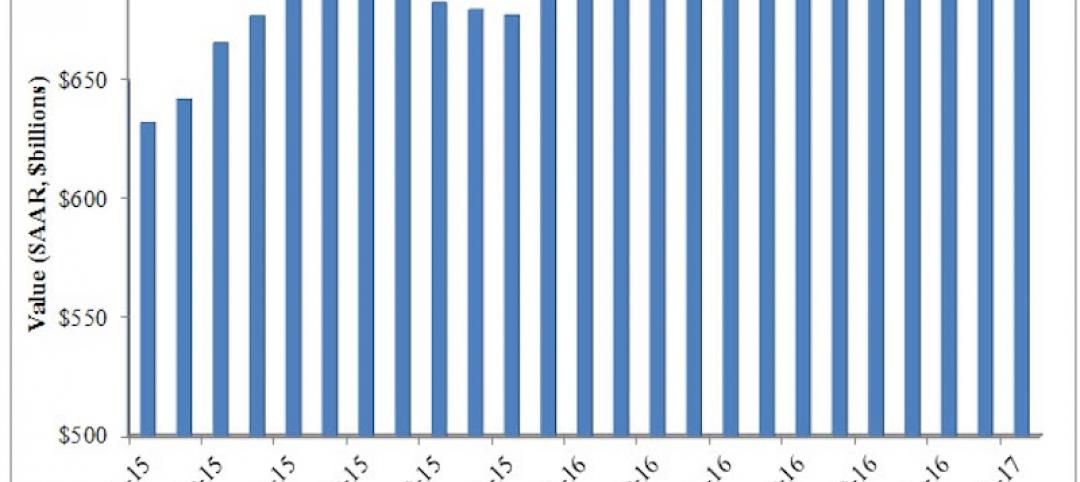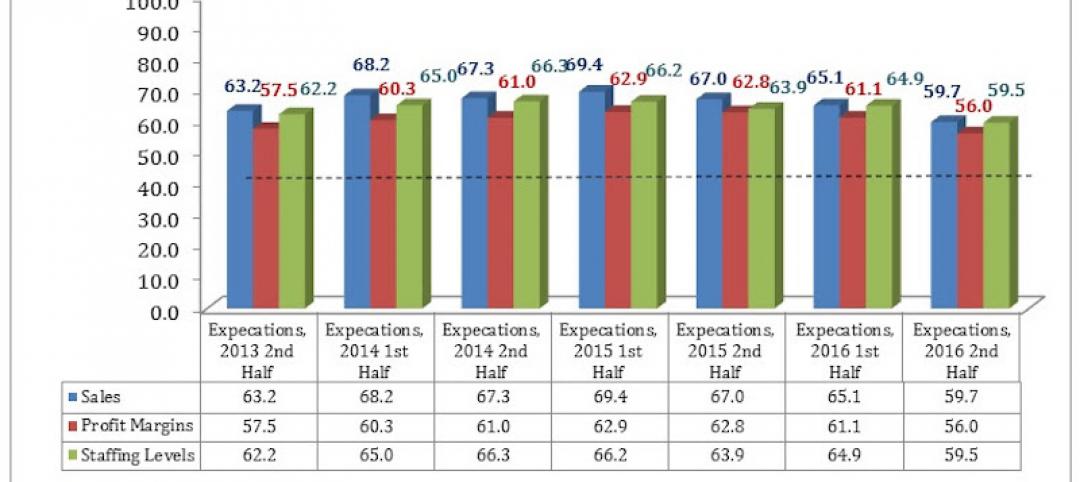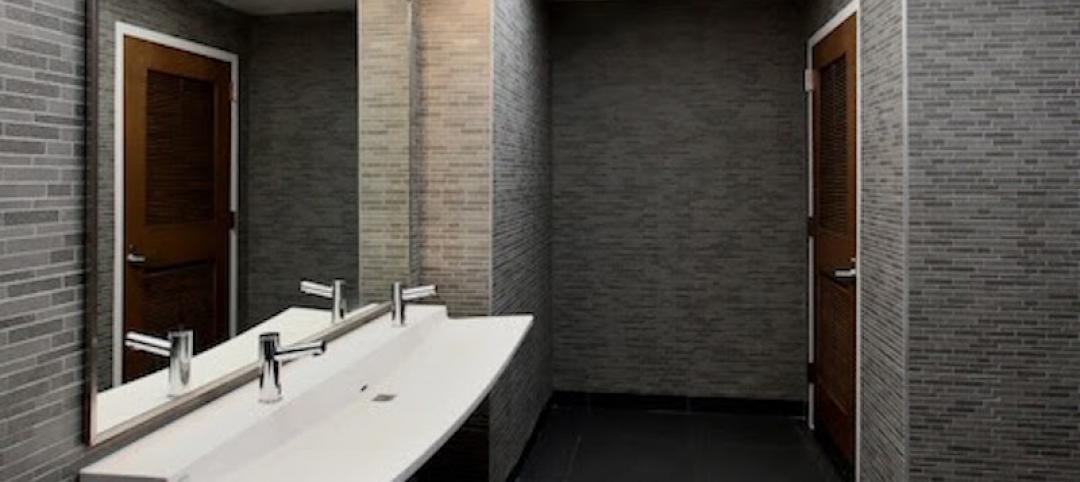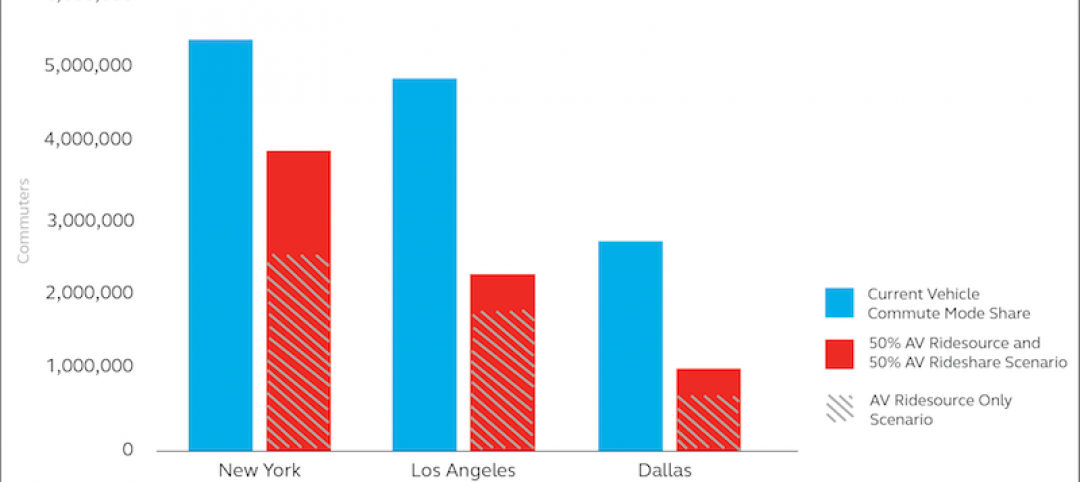Zweig Group recently released the 2017 Recruitment & Retention Survey of Architecture, Engineering, Planning and Environmental Consulting Firms. The survey found that the average firm is spending a significant amount on new hires, even at average turnover rates, yet may not be budgeting appropriately.
Only 30 percent of firms who responded to the survey have an HR/Recruiting budget. Sixty-five percent of industry firms have in-house hiring/recruitment staff, with 25 percent reporting their hiring needs are beyond the scope of this staff.
Zweig Group’s director of executive search, Randy Wilburn, says firms can determine how much to budget for recruiting based on their needs, staff turnover rates, and growth projections.
“For instance, if a company currently has 200 people and an average turnover rate of 8-10 percent (industry average), it can expect to lose 16-20 people each year. If that firm wants to grow by 15 percent annually, it will need to hire 30 people, plus make up for the 16-20 that will likely be lost through attrition. This equates to a total of 46-50 people the firm needs to hire over a 12-month period,” he says.
Hiring in this industry takes on average between 30 and 60 days, and firms spend on average $4,454 on each new hire.
Using the numbers above, that 200-person firm is probably spending around $200,000 per year on new hires alone (not including salaries or bonuses)!
Firms are not spending significantly on the search phase of hiring, with word of mouth/referrals reported as the greatest source of new hires for the industry and internet advertising following closely behind (24 percent).
For more information on this survey visit: zweiggroup.com/surveys.
Related Stories
Market Data | May 2, 2017
Nonresidential Spending loses steam after strong start to year
Spending in the segment totaled $708.6 billion on a seasonally adjusted, annualized basis.
Market Data | May 1, 2017
Nonresidential Fixed Investment surges despite sluggish economic in first quarter
Real gross domestic product (GDP) expanded 0.7 percent on a seasonally adjusted annualized rate during the first three months of the year.
Architects | Apr 27, 2017
Number of U.S. architects holds steady, while professional mobility increases
New data from NCARB reveals that while the number of architects remains consistent, practitioners are looking to get licensed in multiple states.
Market Data | Apr 6, 2017
Architecture marketing: 5 tools to measure success
We’ve identified five architecture marketing tools that will help your firm evaluate if it’s on the track to more leads, higher growth, and broader brand visibility.
Market Data | Apr 3, 2017
Public nonresidential construction spending rebounds; overall spending unchanged in February
The segment totaled $701.9 billion on a seasonally adjusted annualized rate for the month, marking the seventh consecutive month in which nonresidential spending sat above the $700 billion threshold.
Market Data | Mar 29, 2017
Contractor confidence ends 2016 down but still in positive territory
Although all three diffusion indices in the survey fell by more than five points they remain well above the threshold of 50, which signals that construction activity will continue to be one of the few significant drivers of economic growth.
Industry Research | Mar 24, 2017
The business costs and benefits of restroom maintenance
Businesses that have pleasant, well-maintained restrooms can turn into customer magnets.
Industry Research | Mar 22, 2017
Progress on addressing US infrastructure gap likely to be slow despite calls to action
Due to a lack of bipartisan agreement over funding mechanisms, as well as regulatory hurdles and practical constraints, Moody’s expects additional spending to be modest in 2017 and 2018.
Industry Research | Mar 21, 2017
Staff recruitment and retention is main concern among respondents of State of Senior Living 2017 survey
The survey asks respondents to share their expertise and insights on Baby Boomer expectations, healthcare reform, staff recruitment and retention, for-profit competitive growth, and the needs of middle-income residents.
Industry Research | Mar 14, 2017
6 ways cities can prepare for a driverless future
A new report estimates 7 million drivers will shift to autonomous vehicles in 3 U.S. cities.



